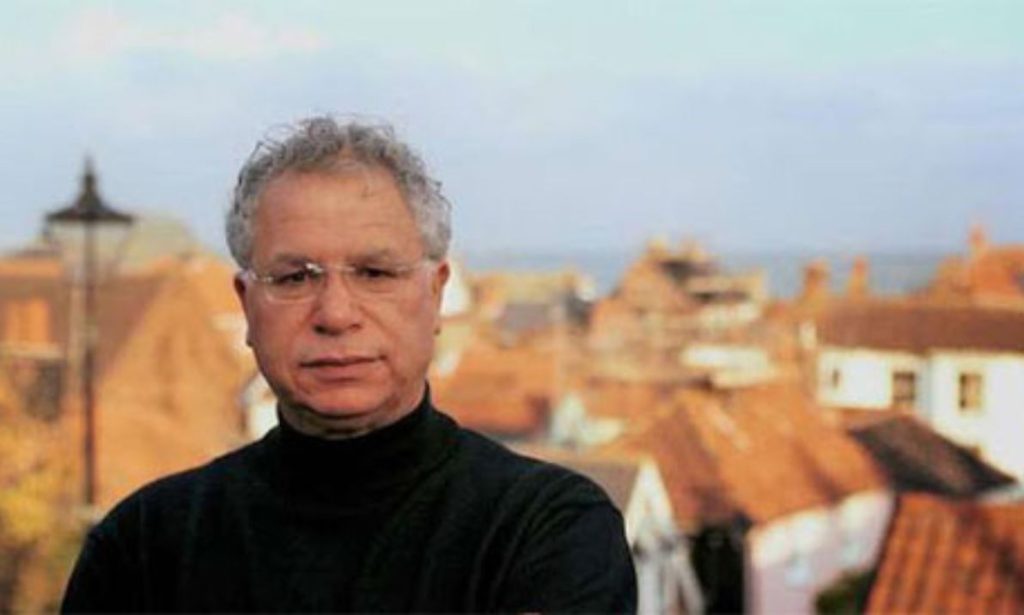Literary canons, especially poetry have never been detached from the sociopolitical life and this is especially true when it comes to the drastic cultural and societal changes that happened to the Palestinian people. Palestinian poetry is one of the live examples of how the writer’s context takes over her or his subject, seeping through her or his thoughts, and metaphors. With that in mind, here’s a look at the resistance shining through Palestinian poetry with these figures.
Mahmoud Darwish: 1942-2008
Living through exile and as a ‘present-absent’ alien on Palestine lands, Darwish was imprisoned in the 1960s. His poetry survived prison bars, exile, diaspora and lastly his death in 2008. The poem ‘identity card’ for which he was detained, became a protest song. Darwish’s acclaim goes to his cultural reservoir projected in his allegories that take from myths, religion, history, mingling it with his personal experience.
(Put it on record
“I am an Arab
A Name without a title
A patient man in a nation
Fueled with the fiery anger
My origins, rooted before the birth of time
Before the advent of epochs
Before cypress and olive trees” Identity Card Poem
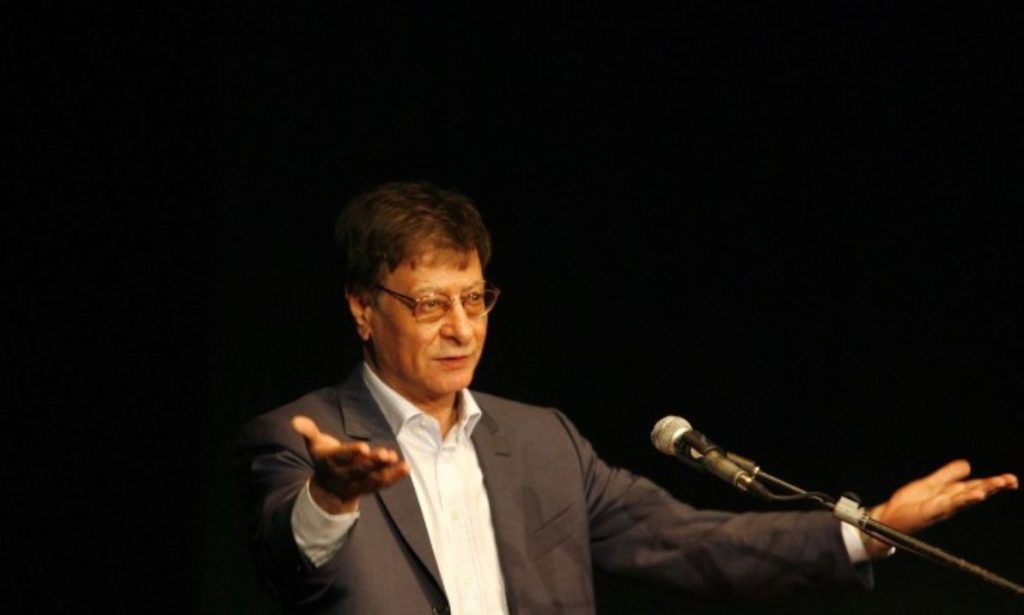
Mourid Al Barghouti (1944-2021)
Life companion of the Egyptian novelist Radwa Ashour. Barghouti wrote in his I Saw Ramallah about the moment his foot met the Palestinian city after 30 long years of exile. An Interview in The Guardian quotes him saying “I learn from trees. Just as many fruits drop before they’re when I write a poem I treat it with healthy cruelty, deleting images to take care of the right ones.” In the same interview, he shares his thoughts on the terms ‘resistance’ and ‘exile’ poetry saying, “we are not one theme poets.” He saw a different kind of limitation implied by his belonging to Palestine “the dilemma of Palestinian writers, that we’re expected to address the needs of people denied self-expression under occupation, to express their pain.”
An Explanation
A poet writing in a café
The old woman think it is a letter to his parents
The teenage thinks he is writing to his beloved
The child thinks it is a drawing
The tourist thinks it is a post card
The white man thinks he is writing down his debts
The undercover police officer walks…to…him…slowly…
Tamim Al Bargouti 1977-Present
Son of two literary towering figures Radwa and Mourid. Tamim’s poetry encompasses the Palestinian resistance and situates it in a wider context. His upbringing in Egypt made him also involved in political commentary there. During the January revolution in Egypt in 2011, he wrote his poem “Ya Masr Hanet” and was aired on the Al Jazeera channel on 27 January.
O historian, wait, The city has two timelines:
One foreign, serene, with steady steps
as if it is walking asleep
The other wears a mask and walks secretly with caution
And Jerusalem knows herself, Ask the people there, everyone will guide you
Everything in the city has a tongue which, when you ask, will reply.
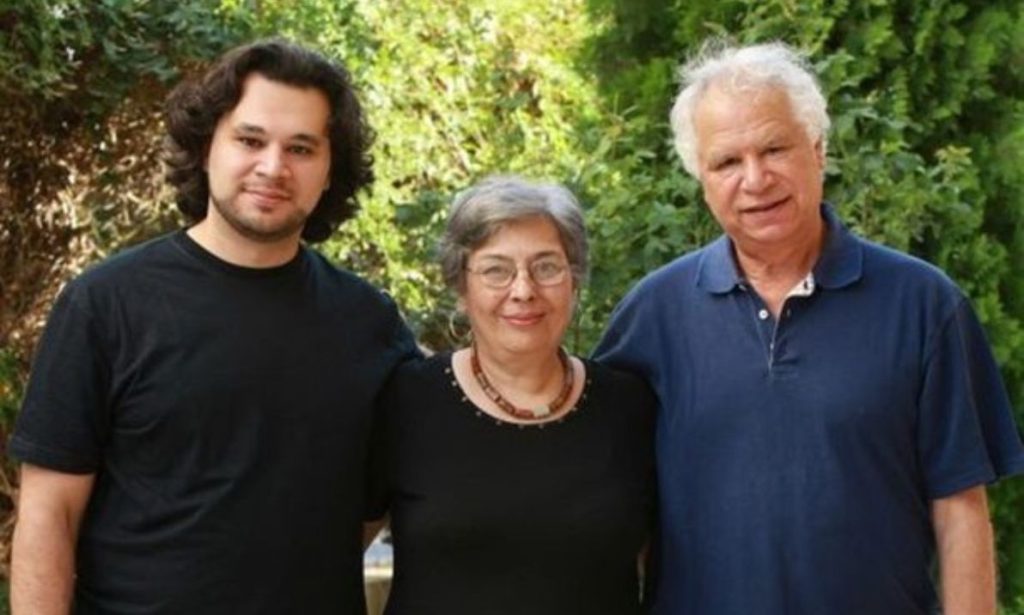

Tawfiq Ziad 1932-1994
Most known for his Poem ‘Ounadikom’ ‘Calling for You’ which was then turned into a song by Ahmed Kaabour. Born in Al Nasrah city, he is considered one of the prominent Palestinian men who lived during the 20th century. Ziad played a major role in the “land day strike” taking place on 30 March 1976. In addition to that he was known for his extensive volunteer work in Al Nasrah.
I’m calling you
I shake your hands tightly
I kiss the ground beneath your soles
And say, “I’d die for you”
I have not become worthless in my country
Nor have I shrunk in fear
I stood in the face of my oppressors
A naked, barefoot orphan
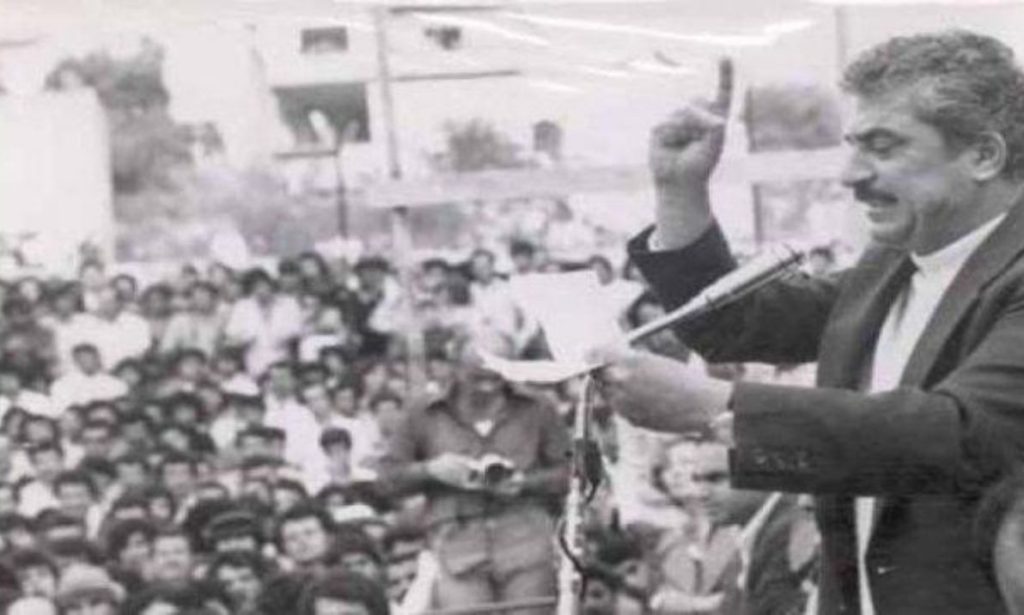

Fadwa Tuqan 1917-2003
She is referred to as the Poet of Palestine. This poet comes from a wealthy family. She studied English literature at Oxford, and her brother Ahmed was once the prime minister of Jordan. She published eight poetry collections. As a female writer, her poetry had her share of voicing the hardships faced by women in patriarchal Arab societies, which was prominent in her Alone With the Days. One of her most famous poems “The Night and the Horseman” Tuqan represented what it is like to live under Israeli occupation. She is the sister to renowned resistance poet Ibrahim Tuqan.
“Enough for Me
Enough for me to die on her earth
Be buried in her
To melt and vanish into her soil
Then sprout forth as a flower
Played with by a child from my country”
Excerpt from Enough For Me, 1969
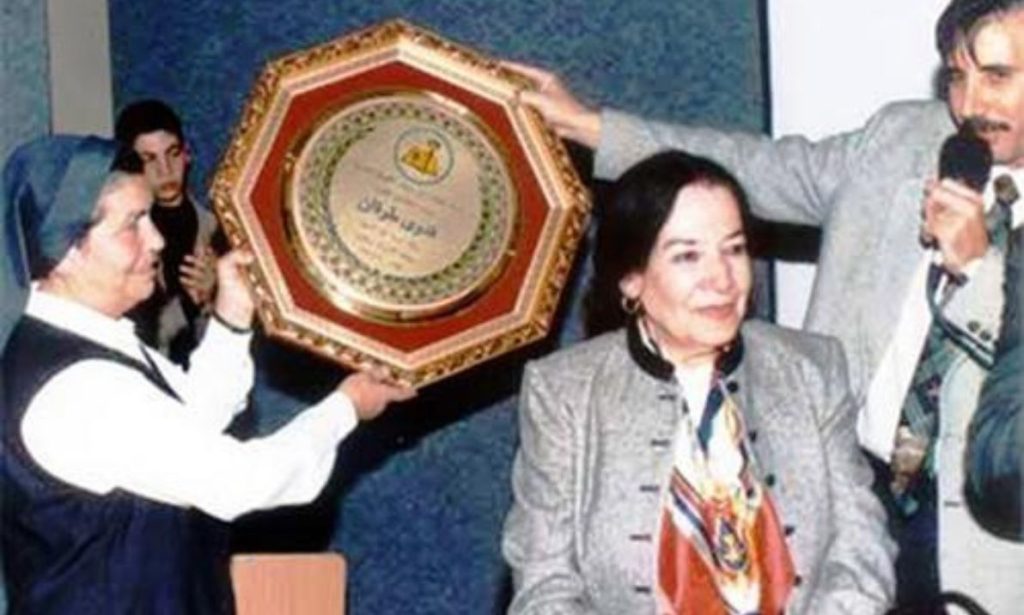

Amal Donqul 1940-1983
Originally an Egyptian poet from Upper Egypt. Through his short life that was interrupted by late-stage cancer, Donqul dedicated much of his poetry to Palestine resistance. For him, the subject of Zionism, and Semitism intersects many of his poems. The three poems he is most famous for “Crying Between the Hands of Blue Dove”, “Do not Reconcile”, and “Spartacus Last Words” all echo the Palestinian resistance directly.
This is war!
It may wear heavy on the heart
but behind you will be the shame of all the Arabs
Do not try to find ways to hide.
Do not reconcile over blood
even with blood.
Do not reconcile
even if they say a head for a head
Are all heads equal?
Is a stranger’s heart
equal to your brother’s?
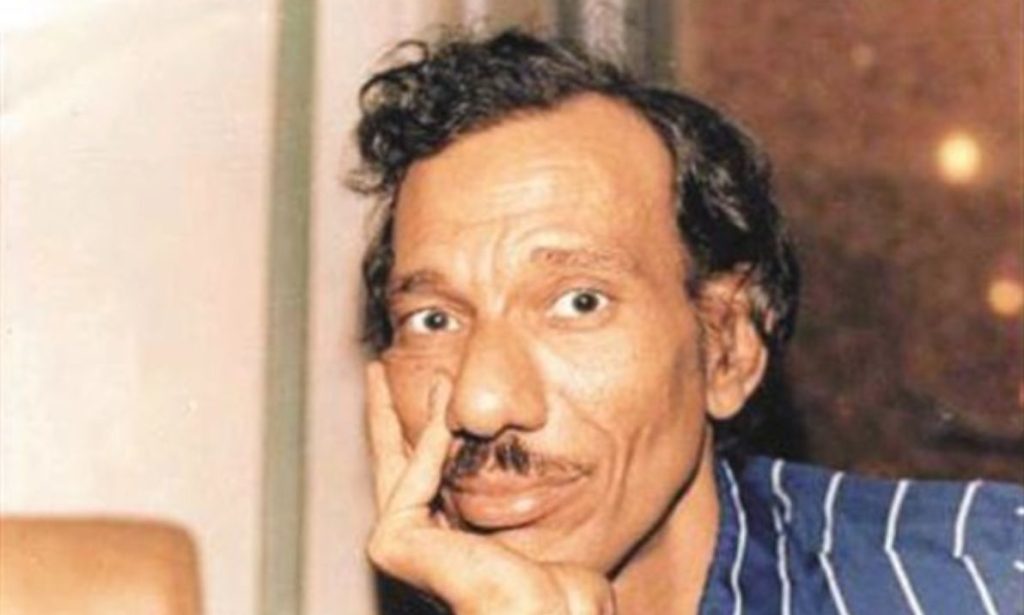

Palestinian poetry stands as a poignant testament to the inseparable bond between literature and sociopolitical realities. When it comes to the ongoing strife, both the context and the art influenced by this context influence each other and the effect goes both ways. Poetry in this sense becomes powerful, as long as it is charged with emotion and meaning that shall shield the cause for decades to come.
WE SAID THIS: Don’t Miss…Reimagining Narratives: Can Humanitarian Cinema Bridge The Divide In The Palestinian Genocide?


